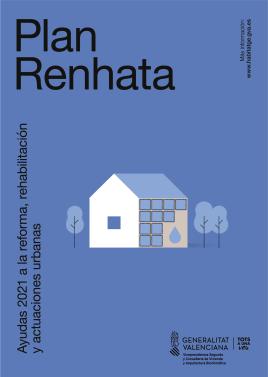

Spain's autonomous communities invest in improved accessibility
In addition to financial assistance from European funds, several initiatives from the autonomous communities in Spain are also promoting the rehabilitation and improved accessibility of buildings and homes. Regions such as Madrid, Valencia, Cantabria, the Basque Country and Extremadura have already undertaken actions that, in some cases, also include door automation.
This past year, the autonomous communities in Spain decided to enhance accessibility of the homes and buildings in their respective regions. Madrid’s City Hall recently promoted the start of works to adapt residential buildings for people with disabilities or reduced mobility with its “Plan Adapta Madrid 2021”. The aim of this rehabilitation project is to improve quality of life, safety and movement, and remove architectural barriers. Among works that were deemed eligible were the adaptation of doors or hallways, including the automation of doors.
This year, the Valencian Community held the 5th edition of its “Plan Renhata”, which assists with costs associated with renovating home interiors, focusing specifically on works related to bathrooms, kitchens and those that improve accessibility for people with reduced mobility. The Cantabrian Government estimates that their community may receive more than 61 million euro by 2023 to promote the rehabilitation of homes and improving the energy efficiency of buildings.
The Basque Government foresees up to a 50% increase in assistance for home and building renovations, with the aim of driving improved energy efficiency, accessibility and liveability. The new mandate unifies assistance funds, which can now be requested throughout the year and include works to improve accessibility, energy efficiency and the use of renewable energy.
The other regions are also increasing actions and awareness surrounding these matters, such as in Extremadura, which has launched a guide for the creation of accessibility plans for towns within the region.





